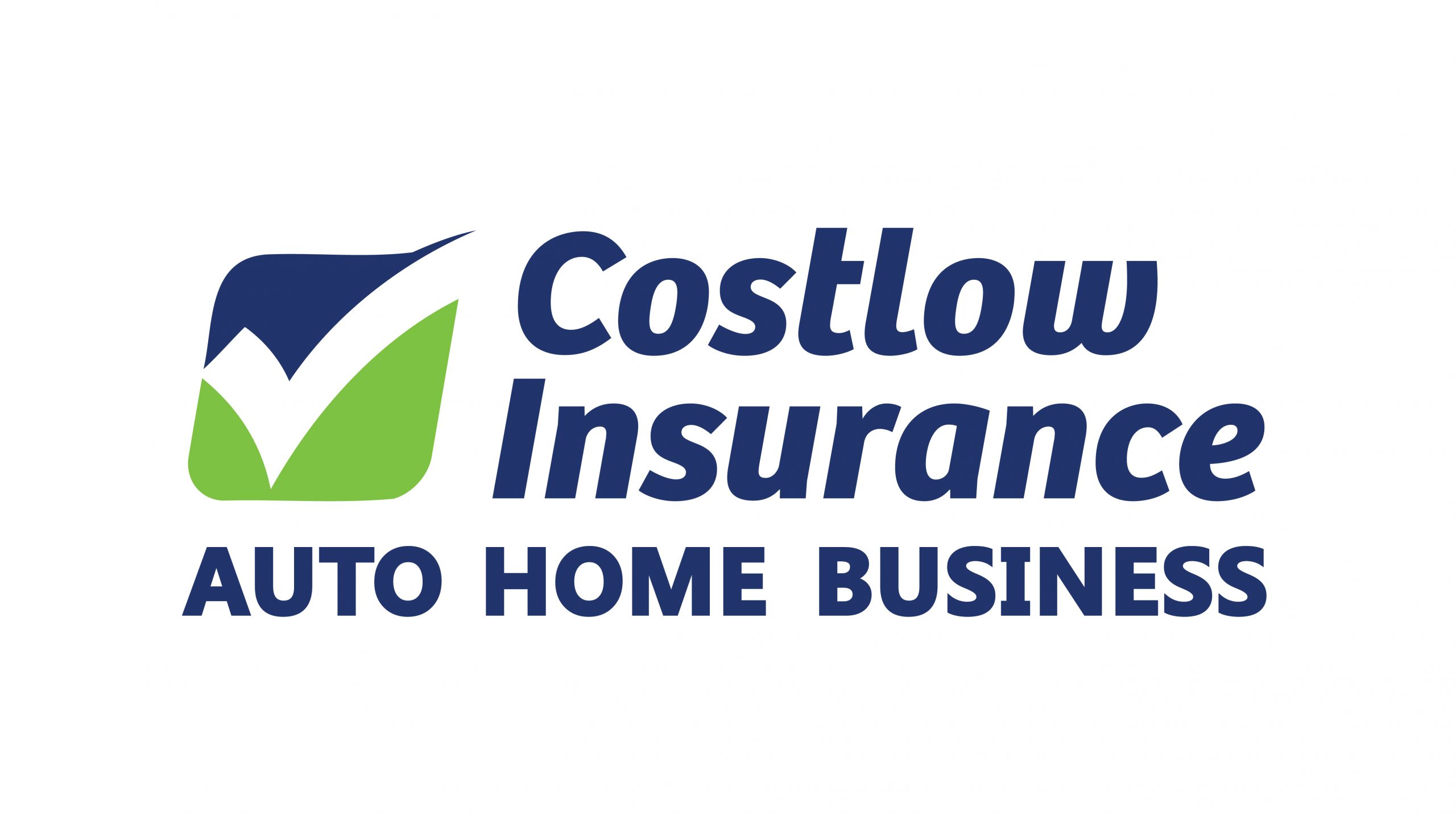RV Insurance Made Easy –
Recreational Vehicle Insurance Coverage In Texas
Recreational Vehicles (RVs) are supposed to be fun, but they can also represent a significant financial investment in your life and a major financial loss if not appropriately insured. This article will concentrate on RVs that are part vehicle and part home. For these types of RVs, insurance coverage differs widely by company and policy type in Texas. Make sure you understand the coverage you are purchasing and how it addresses the unique needs for your circumstance.
Why is RV insurance important?
There are many types of recreational vehicles, and they vary in value across a wide spectrum. This includes motorhomes, 5th Wheels, and pull-alongs (campers). RV Insurance is critical because a standard automobile and/or homeowner’s policies (link to homeowners insurance page) may not cover you for liability or physical damage to your RV.
Can my RV be covered under my homeowners or auto insurance?
RV Insurance is not auto insurance (link to auto insurance page) and it is not homeowners insurance. It is a separate policy for a motorhome or other RV. A non-motorized RV such as a 5th Wheels or pull-alongs (camper or trailer) can be added to some auto insurance policies and covered per the auto insurance policy coverage type, but a motorhome RV cannot.
How is RV insurance similar to auto insurance?
The basic coverages between auto and RV insurance are the same. Meaning, you can pay for damages, injuries, and other losses specifically covered by your policy. Those coverages can range from liability (state required coverage) to medical payments, personal injury protection, uninsured/underinsured motorist, collision, comprehensive, towing and labor charges, and rental reimbursement.
In addition, the basic limits of RV insurance coverage are typically not enough to cover a serious accident. If you don’t have adequate coverage, you may be sued for large sums of money to cover such things as bodily injury and property damage above and beyond your policy coverage.
Are there any special requirements by financial institutions for RV insurance
Because motorhome RVs can be very expensive, typically banks and finance companies (lenders) require comprehensive collision with higher limits of coverage along with lower deductibles (what you pay out-of-pocket before the insurance company pays a claim) such as $500 or less.
If you let your RV insurance coverage ‘lapse’ (you don’t pay your required premium) you may be surprised to get a letter in the mail that allows the bank or finance company to apply what’s called ‘forced insurance coverage’ on your RV. This can be costly!
What is the difference between Replacement Cost Coverage and Actual Cash Value policies?
RVs may have the availability to be covered for ‘Replacement Cost’ coverage (where a policy deductible for a covered loss may apply) or ‘Actual Cash Value’ coverage (where a policy deductible and depreciation for a covered loss may apply).
It is highly recommended you choose Replacement Cost Coverage when and where available. Depreciation in an Actual Cash Value Policy makes you responsible for a covered Total Loss (for example) for the decrease in value of your motorhome RV due to age, wear and tear, and other factors.
So if your lender calls your loan, you may have to pay out-of-pocket for the financial burden of the depreciation of value for your RV — above and beyond your loan.
What special coverages does RV insurance provide?
RVs have special needs, and an RV insurance policy addresses the distinct differences that auto and homeowners policies fall short of covering or can’t cover. This includes things like awnings, antennas or satellite dishes, appliances, plumbing, or air conditioning units.
Components to consider for your RV insurance policy include:
- Higher Limits of Liability Coverage (bodily injury or property damage to others)
- Collision Coverage that can include such things like a total loss from an auto accident
- Comprehensive Coverage that can cover things other than collision like a total loss by fire, theft, windstorm, flood, certain named accessories loss, wild or stray animal damage (other than collision)
- Replacement Cost Coverage for your RV (instead of Actual Cash Value coverage, when and where available)
- Uninsured or Underinsured Motorist Coverage
- Medical Pay or PIP (Personal Injury Protection)
- Roadside Assistance Coverage
- Vacation Assistance Coverage
How can I save on RV insurance?
There may be circumstances where you can reduce coverage on your RV. For example, when it’s in storage for the winter. You may be able to drop some kinds of expensive coverage and save a few bucks.
Just remember — never drop your comprehensive coverage as it provides protection for such things as Theft of your RV.
Disclaimer: Content and illustrations represented and provided here-in are for informational purposes only. This information should not be misconstrued to be considered Insurance or Binder Coverage for Insurance. Always consult a licensed insurance agent in the state of Texas for specific insurance coverage types and needs analysis as insurance policies in Texas vary.
Sources used to gather content for this Article and all Articles provided in this Series include:
Costlow Insurance / www.costlowinsurance.com
a. The Insurance Information Institute / http://www.iii.org
b. The Texas Department of Insurance / https://www.tdi.texas.gov/

